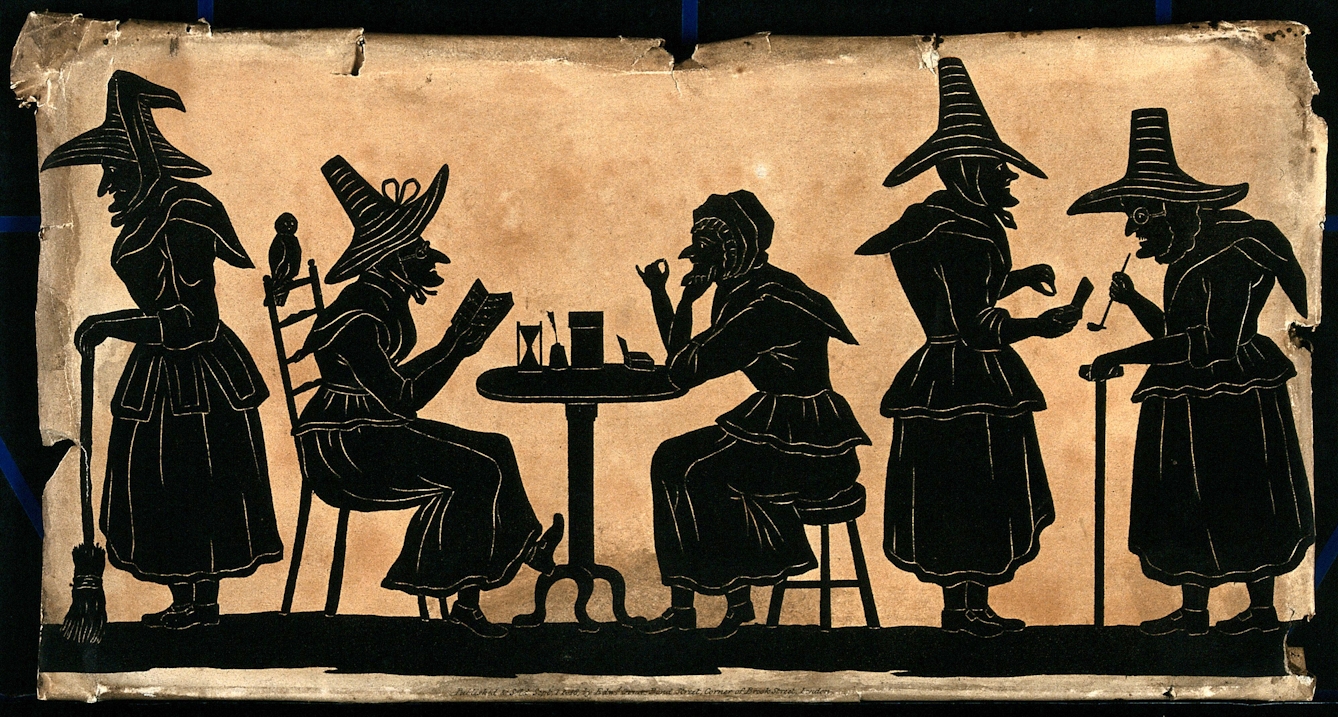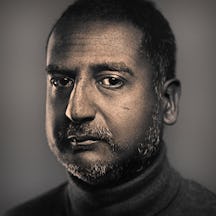David Jesudason’s relationship with alcohol is complicated. He’s faced racism in pubs and felt othered at festivals, while his father struggled with alcoholism. Yet David’s love of beer has also provided both pleasure and employment – he’s worked as a bartender and is now a director at the Beer Writers’ Guild as well as an Instagram ale diarist. Here he explores how booze can shape our behaviour, describing how he’s matured from underage drinker to cask-ale connoisseur.
An emotional journey through drink
Words by David Jesudason
- In pictures
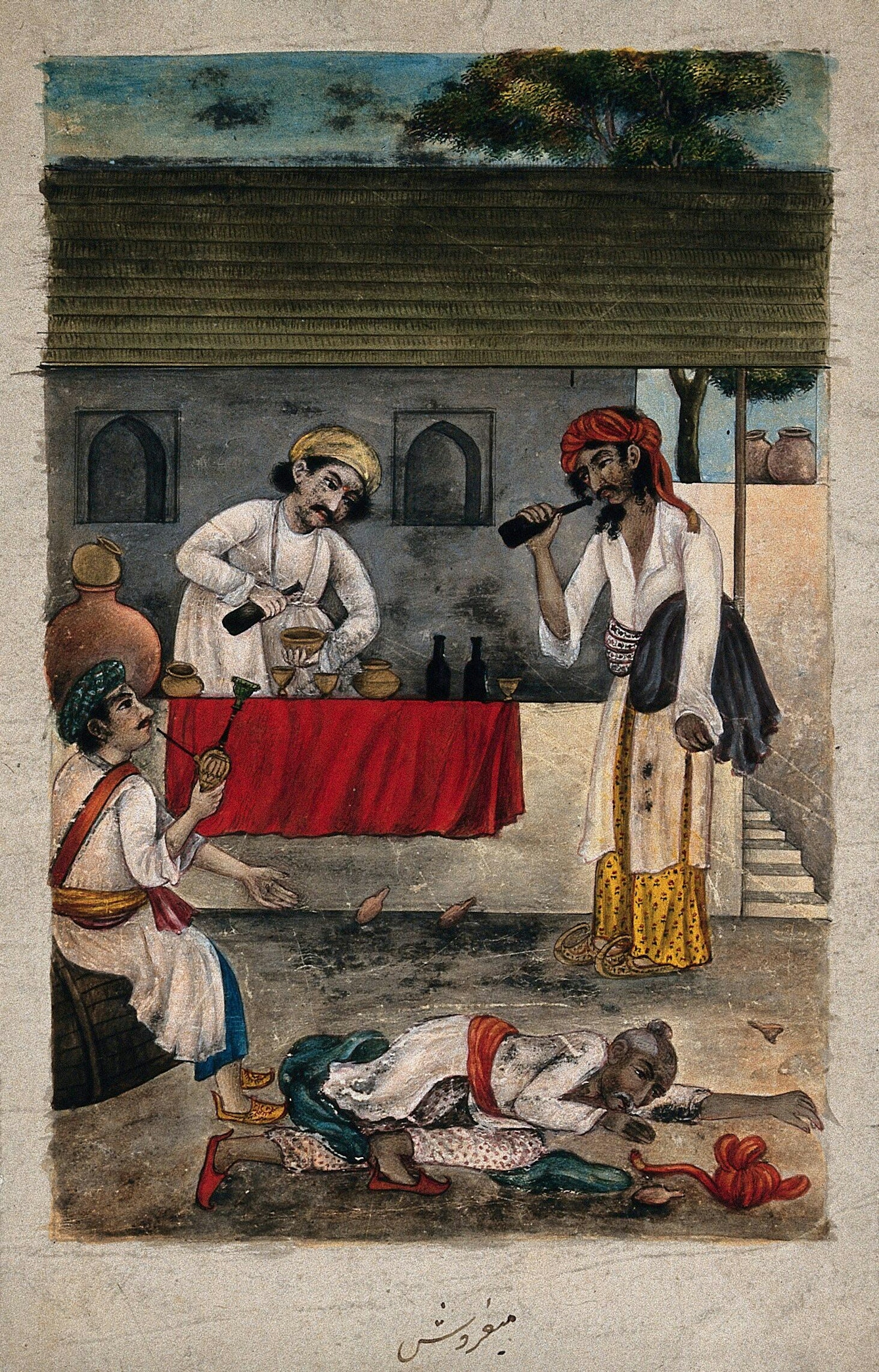
What you drink depends on your culture. British Asians, like me, have a long history of loving beer and reclaiming white spaces by setting up ‘desi pubs’ throughout the country from the 1960s. These Indian-run boozers sold alcohol with curries to manual workers as a reaction against the racist colour bar operating before the first Race Relations Act was introduced in 1965. My own admiration of ales has led me on a journey from underage drinker to bartender, and I’m now a responsible director at the Beer Writers’ Guild and a beer diarist. But it’s been a struggle.
Brewing in this country is very white compared to the US, which has a tradition of Black brewers, as the practice was connected to slavery and the African diaspora. Women were the traditional brewers of African beers and, unsurprisingly, men were the drinkers. This same division was also true in the UK. Nowadays these female British brewers might be mistaken for witches because they wore tall pointy hats and transported their beers in cauldrons. Very few brewers in the UK are non-white today, something that is reflected in the make-up of bars, pubs and festivals, making me feel othered. It’s bad for my health, as some studies show that social drinking boosts wellbeing.
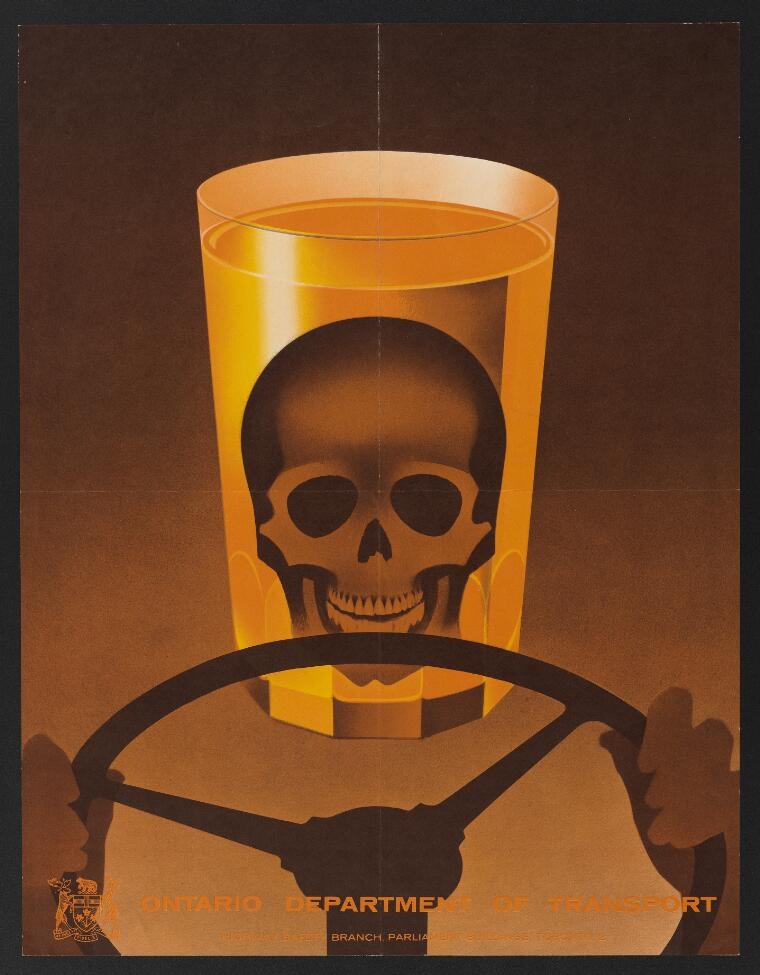
My father was a big drinker and mistakenly believed that his favourite tipple, Greene King India Pale Ale, marked him out as a discerning boozer. He thought it was a drink our ancestors would have bought. But the history of the IPA is far from benign, and its main drinkers – the East India Company soldiers – pillaged while committing genocide in India. It’s one of the many bad decisions my dad made when drunk. Alcohol causes the brain’s neurotransmitters to malfunction, which means they struggle to carry messages to other parts of the body and tell it what to do. It’s why you shouldn’t drink and drive, like my father did.
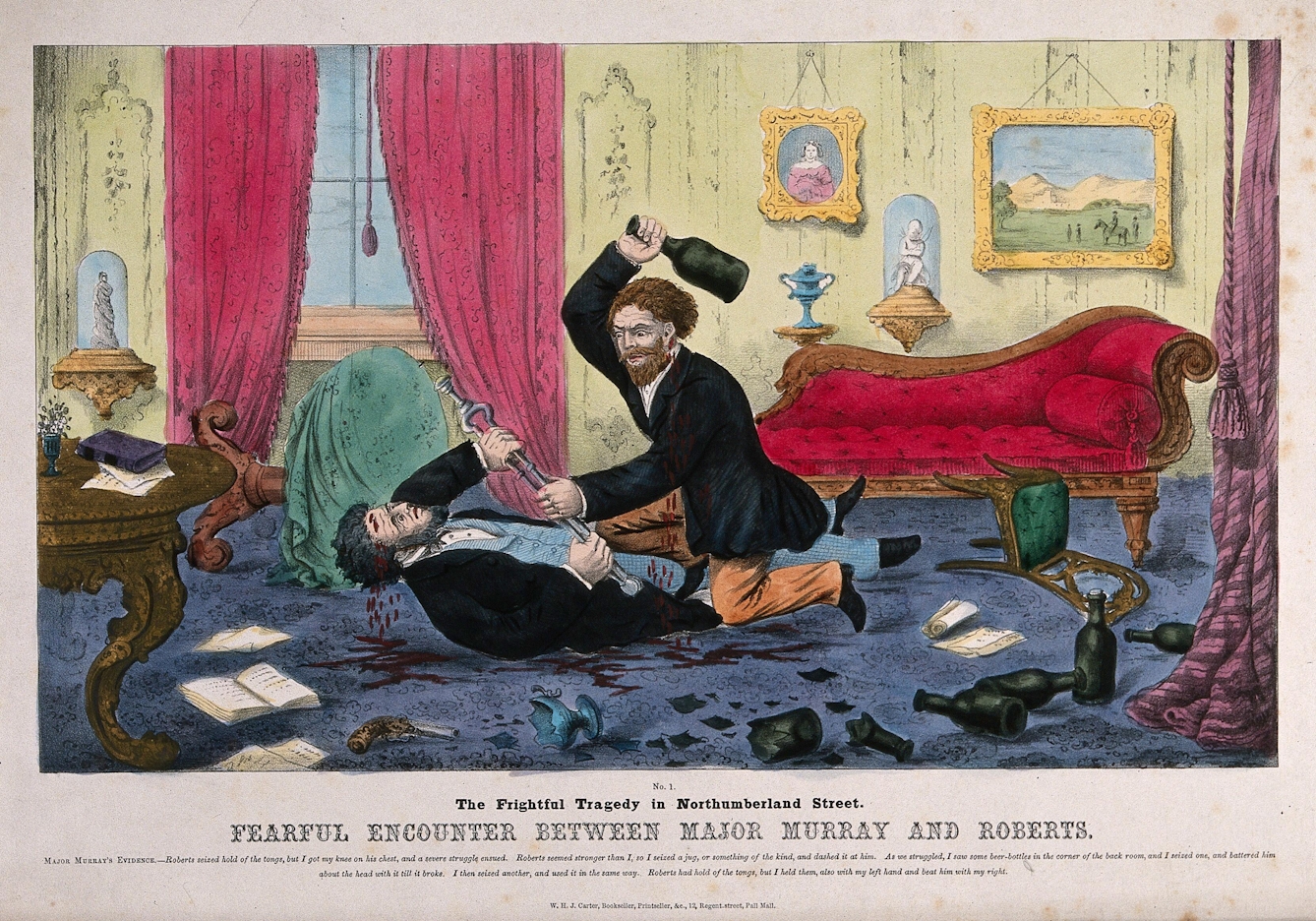
Because of the trouble caused by my dad’s alcoholism, my mother assumed that drinking led to violence. However, scientists have discovered that a person is more likely to become violent if they lack one particular social trait: the ability to consider the future consequences of current actions. When I was a teenager and at university, I did drink irresponsibly at times, using it to numb me to some of my childhood pain. However, when I matured, I realised there’s nothing more soothing than a beer – in moderation – with friends and family. Violence is far from my thoughts.
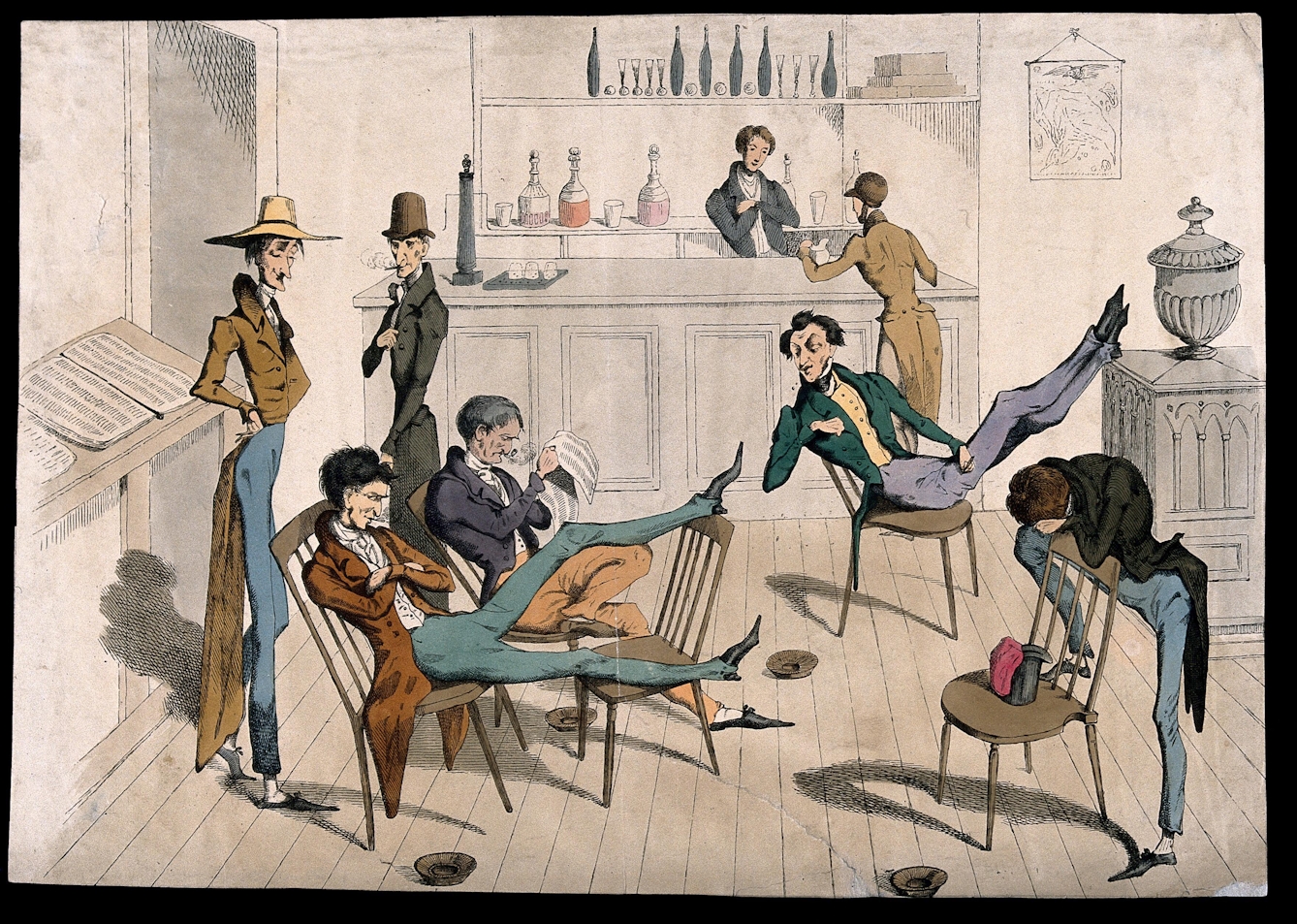
I first tasted alcohol in my hometown pub, where I was taunted for being “a taxi driver” by the racist locals. But the overarching memory is of the drink’s hops and how this flower made it so aromatic. I still dream about that first pint, and I try to convert friends to the wonders of cask-pulled beer, which offers a fresh, (literally) alive taste. Studies show what you drink is dictated by the circles you move in. I act like a prophet of cask beer, which I firmly believe is this country’s greatest invention, even though it was discovered by John Lofting, a Dutchman who had a watermill in London.
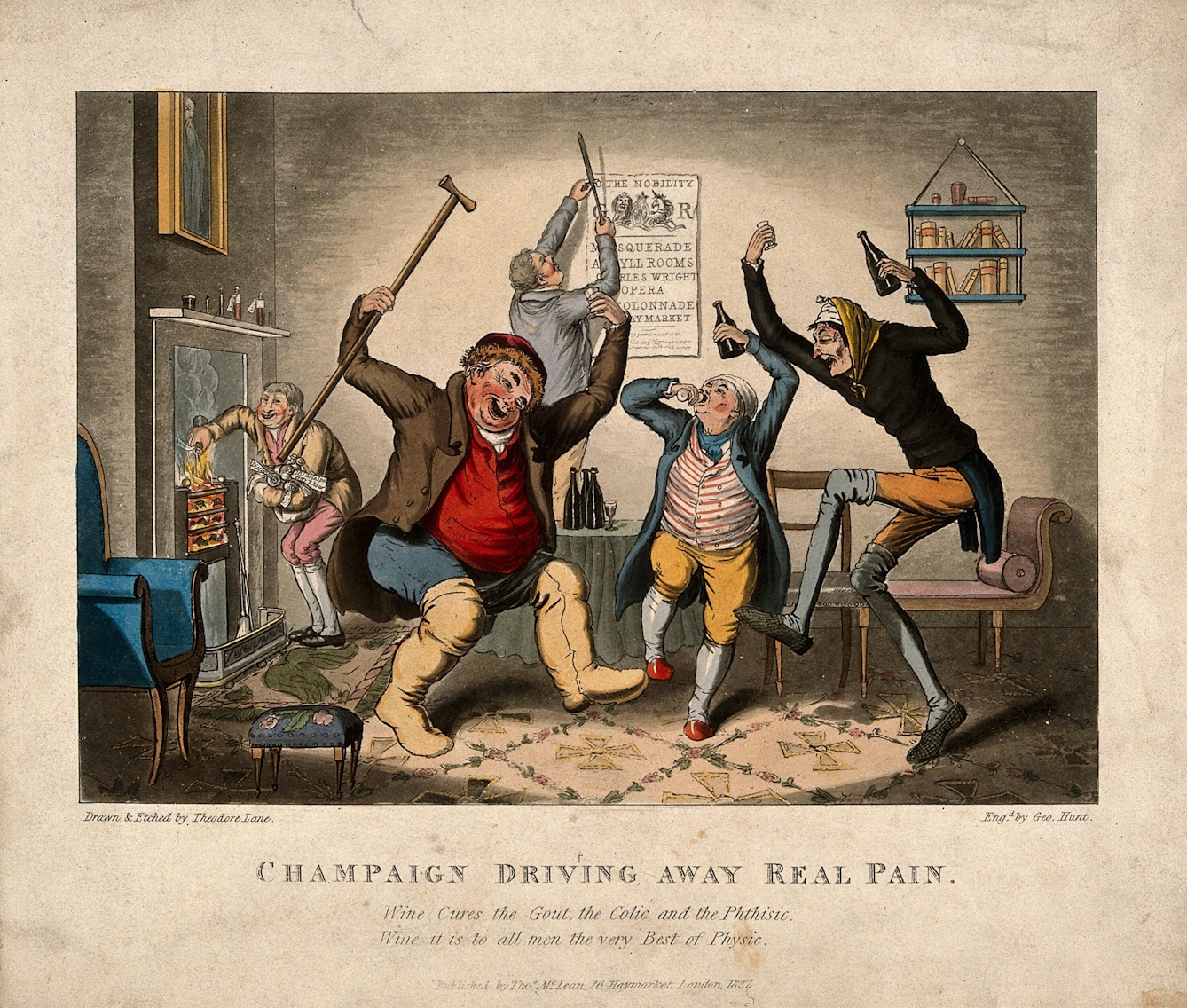
During university I worked in a pub. I served people who would drink large amounts every day, presumably adhering to the 16th-century notion that the “hair of the dog” would be a suitable hangover cure. Alas, the liver can only detoxify the system at the rate of about one unit an hour. I’ve bought as well as served many beers over the years but never liked the pressure to keep pace with the faster drinker in my group or ‘round’. Another factor that determines your drinking speed is the shape of your glass. A study has shown that swapping a slope-sided glass for a straight-sided one slows down drinkers.
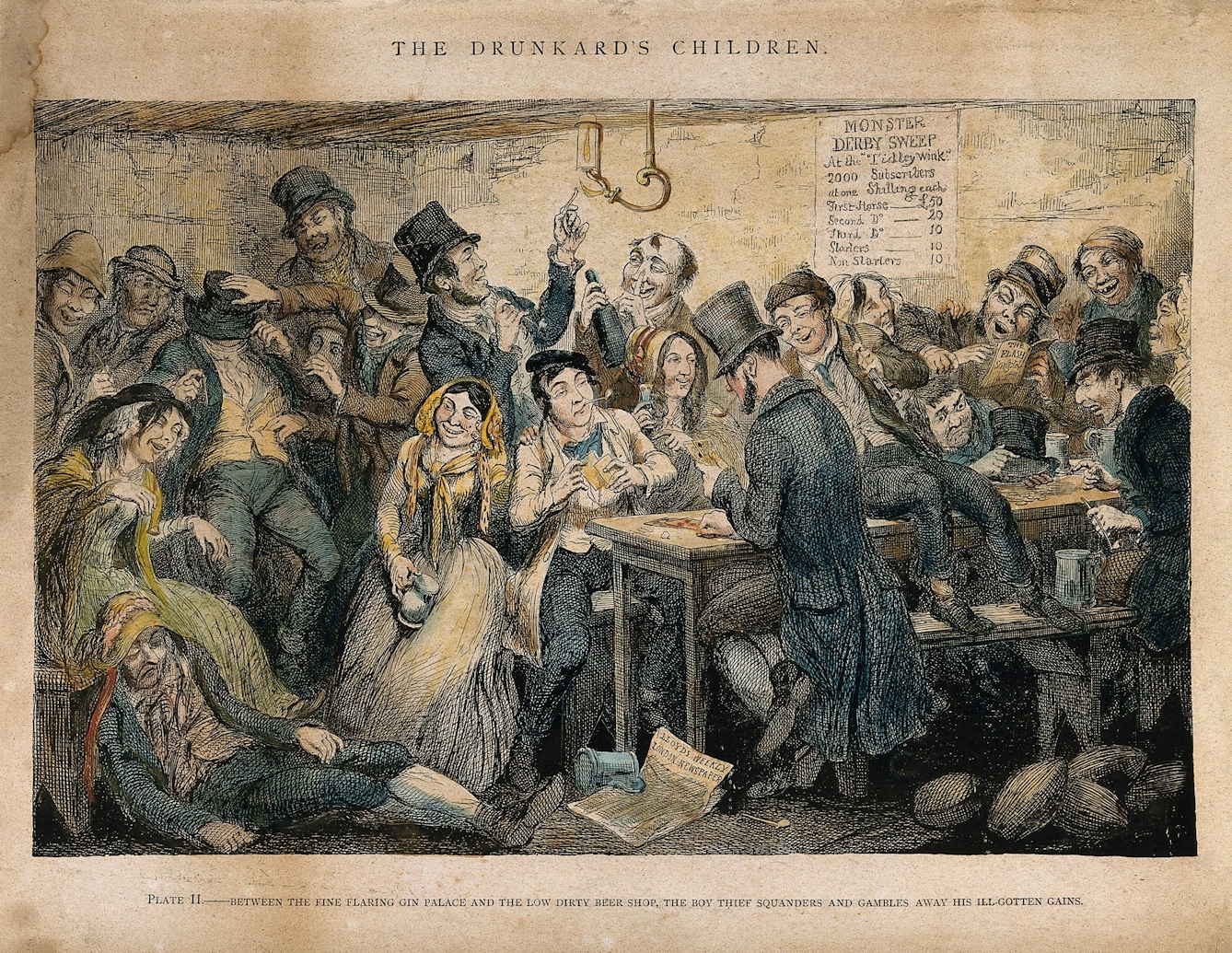
The “craft beer revolution” has sought to personalise a market that had been dominated by a few homogenised lagers produced by multinational corporations. British beer writer Michael Jackson was the first to popularise and “hunt down” new craft beers in a popular TV show in the late 1980s. The craft-ale industry stole his inclusive philosophy, arguably without much substance. Whatever the case, craft beers have so many styles and colours that even a best bitter lover like me has widened his palate. I now even drink the occasional artisan lager. However, researchers have shown people tend to associate price with colour. We’ll avoid certain drinks, assuming darker beers are more expensive because of their shade.
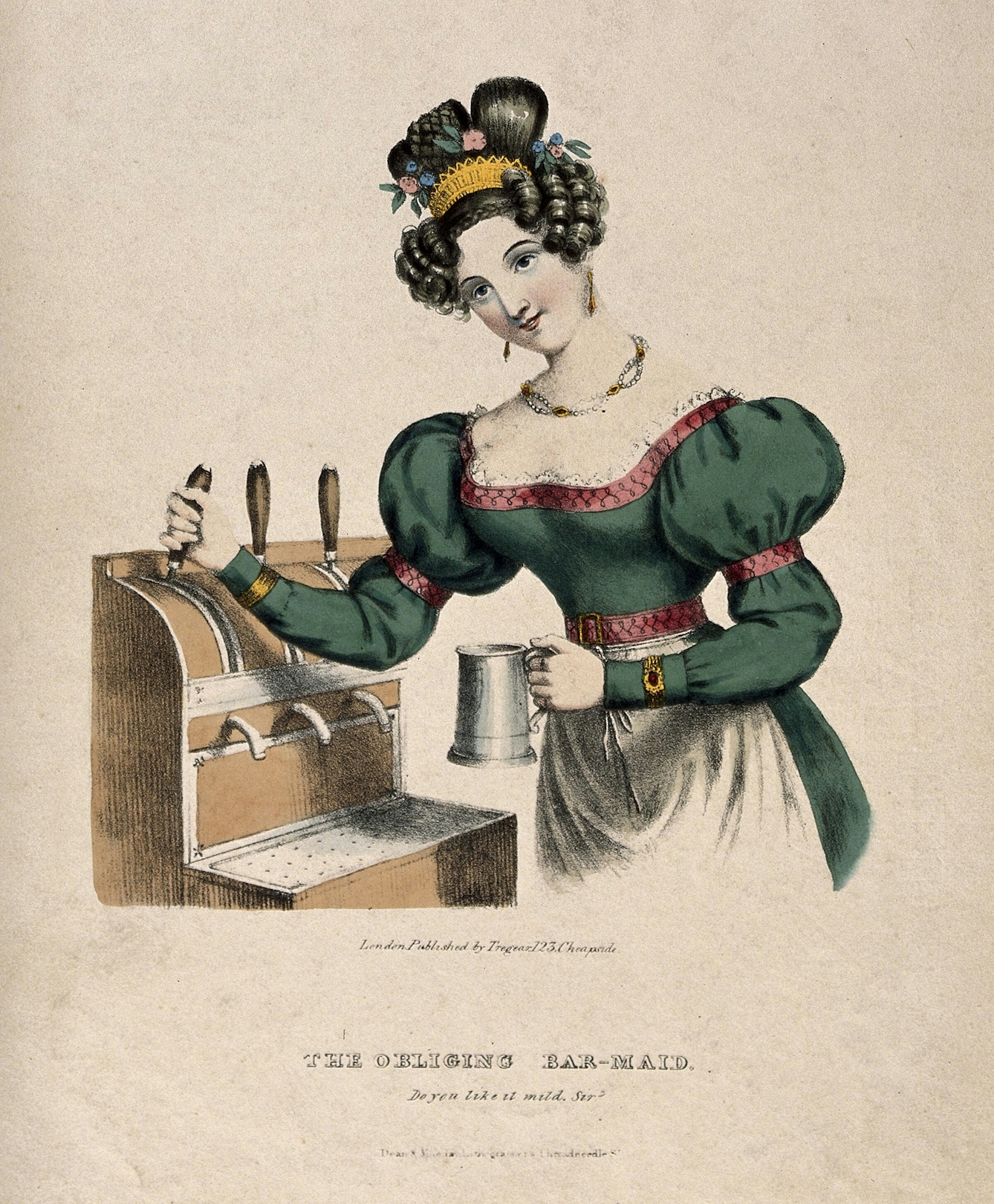
Nowadays beer is like fine wine for me, and this year I travelled far and wide to find an ale perfect for Christmas Day. This enthuses my work at the Beer Writers’ Guild, which includes trying to set up a diversity grant for writers of colour, because the more diverse we become, the more fun we can share!
About the author
David Jesudason
David Jesudason is a freelance journalist who covers race issues for BBC Culture, Pellicle and Vittles. He was named Beer Writer of the Year in 2023, after his first book ‘Desi Pubs, A Guide to British-Indian Pubs, Food and Culture’ was hailed as “the most important volume on pubs in 50 years”. David also writes ‘Pub Episodes of My Life’, a weekly newsletter about the drinking establishments that serve marginalised people.
